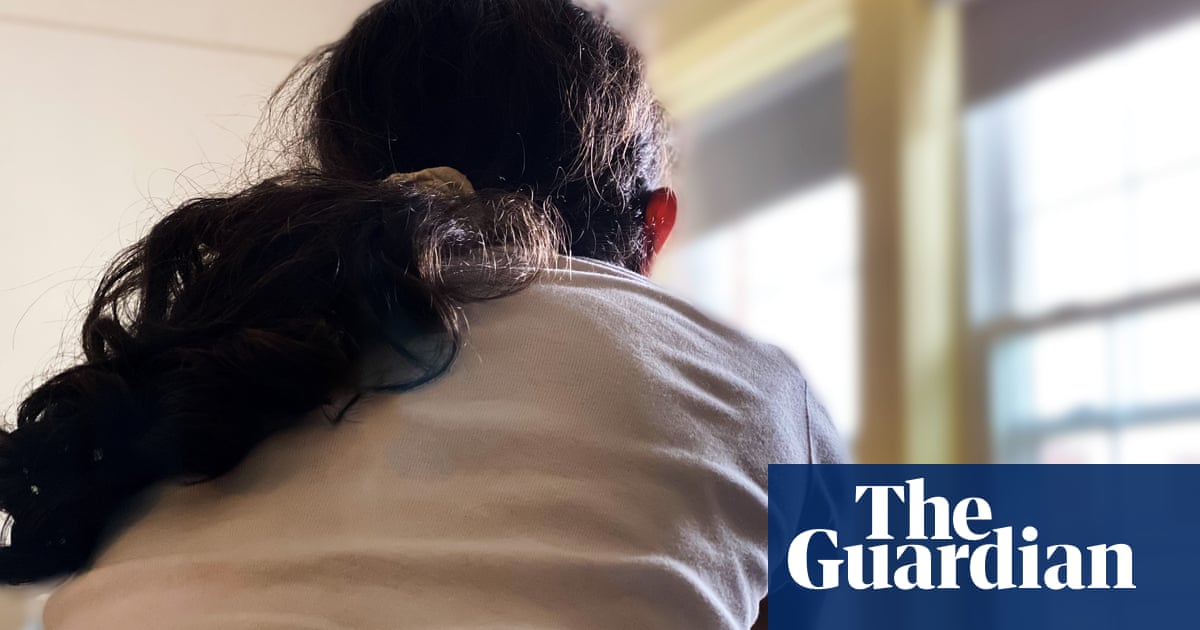
Disabled victims of crime feel “infantilised” and “patronised” by a police response that fails to accommodate their needs, according to a landmark report revealing high levels of dissatisfaction.
Forty-five per cent of disabled victims who reported a crime to the police were dissatisfied, compared with 40% overall, according to the largest ever report of its kind from the victims’ commissioner.
The report, which draws on the voices of 3,048 victims who reported crimes between 2020 and 2023 across England and Wales, says forces too often fail to make reasonable adjustments for disabled people.
Disabled victims were also less likely to want to report a crime to the police again, which the report says could compound disadvantage as they are more likely to be victims of crime.
The victims’ commissioner, Helen Newlove, is calling for disabled victims to be guaranteed access to independent specialist advocates who will safeguard their rights.
“Who you are should not and must not dictate the treatment you receive as a victim, nor your chances at justice. It is of great concern to me that certain victim groups face significant hurdles,” Lady Newlove said.
Amy (not her real name) is autistic, deaf and blind, and experienced abuse, harassment and intimidation from a group of men in her small community.
She said police officers struggled to understand her disability and how it made her feel more vulnerable. She felt that police were sceptical about her understanding of the situation and assumed “my disability makes me stupid” and “I deserve to be treated in that way”. “They clearly thought I had nothing better to do because I was disabled but to target this poor innocent group of men,” she said.
“When you can’t take yourself out of the situation, it’s stressful. It’s that feeling that the police wouldn’t protect you even if they broke in.”
Despite reporting the crimes, she said the police did not actively pursue leads and the investigation had been abandoned. Amy would like to see all police officers trained in disability awareness, as well as the creation of specialist teams.
Another victim, who uses a wheelchair, recalled that police told her that “because of my disability, I should have someone looking after me to help stop crimes happening to me”. She added: “I am an adult, and they didn’t treat me as such.”
The report’s finding is supported by previous research by the Equality and Human Rights Commission (EHRC), which found the criminal justice system did not always treat disabled people fairly.
Respondents from the mixed ethnic group experienced even higher dissatisfaction, at 58% of respondents, with many finding the police disrespectful.
Other findings include that nearly three-quarters (73%) of victims do not feel confident that reporting a crime will lead to justice. Fewer than two in five (38%) victims felt that the criminal justice system was fair, while only 27% thought it effective.
Almost half (46%) disagreed that they were kept informed about their investigation, and fewer than one-third (30%) of victims felt that the police had investigated their case thoroughly, describing “a complete lack of interest”. One in three (33%) felt it took too long for their case to reach trial.
Writing in her foreword, Newlove warned that “our justice system too often fails to prioritise victim needs”, while victims’ awareness of low prosecution rates “discourages, or even silences, victims from coming forward”.
She added: “Poor treatment leaves many victims feeling like an afterthought, with long delays in the court system compounding frustrations further.”
The findings come before Labour reforms to the justice system, aimed at putting the needs of victims first, through the Victims and Prisoners Act, and follow a recent critical police inspectorate report, which concluded that “too many victims are still being let down”.
The report also found that fewer than one-fifth (19%) of victims were aware of their rights under the Victims’ Code, which includes the right to be referred to victim support services for emotional support and practical guidance, for which the report found geographical variation in access.
Concluding the report, the victims’ commissioner made recommendations aimed at ensuring the Victims’ Code is enforced and updated; improving communication between criminal justice agencies and victims, and expanding the provision of support services for under-served groups, including anti-discriminatory practice training.
Genna Telfer, an assistant chief constable and the National Police Chiefs’ Council lead for victims and witnesses, said the report was “incredibly useful” and would inform progress.
She added: “We are dedicated to delivering the high standards that victims deserve and work is already ongoing to drive improvements. There is significant work being undertaken to respond to changes to the Victims’ Code under the victims and prisoners bill 2024.”












